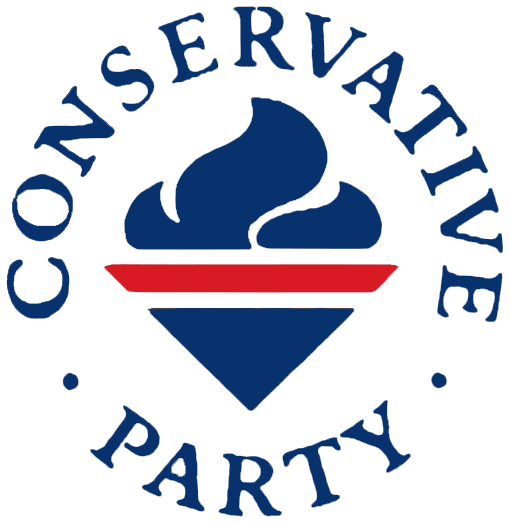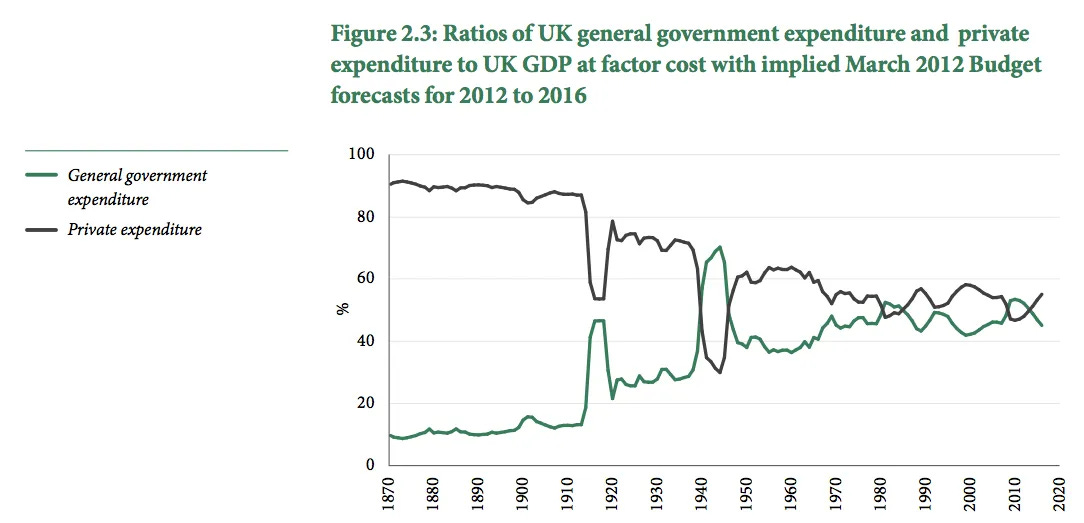The Conservative party is the best hope we have for good government.
The Conservative party has taken a beating, and rightly so. There are signs it is moving towards its centrist dad comfort zone: mere conservatism. But I am sticking with it.
The Conservative Party is the least disgusting political party in the world.
So said a libertarian academic of my acquaintance at an event not long after I was elected. We got along famously.

Political ideas
There are fundamentally three political economies by which we can be governed in a democracy:
Liberalism of the old kind, which seeks the development of social progress and prosperity through peace and liberty under the rule of law.
Social democracy which pursues egalitarianism through state power.
Mere conservatism, which seeks to preserve tradition and avoid change, sceptical as it is about the capacity of society to improve.
Occasionally in history, the idea arises of extreme authoritarian collectivism. This may be full-blooded socialism – which was once a synonym for communism – or fascism of one kind or another. Communism and fascism are rightly regarded as opposite sides of the same totalitarian coin, characterised by suppression of individual rights and by the rise of the total state. Militant, militaristic, nationalistic and authoritarian, these regimes are the outworking of the worst sickness of the human condition.
Reagan said in 1964,
You and I are told increasingly we have to choose between a left or right. Well I'd like to suggest there is no such thing as a left or right. There's only an up or down - [up to] man's old-aged dream, the ultimate in individual freedom consistent with law and order, or down to the ant heap of totalitarianism. And regardless of their sincerity, their humanitarian motives, those who would trade our freedom for security have embarked on this downward course.
And it is no wonder he said it in 1964, within recent memory of World War Two and during the Cold War. Once only needs to look at the history of state spending in the UK to see that liberalism as the dominant political economy was a casualty of the two total wars of the first half of the twentieth century.
Whatever our problems, they are not caused by limited government, low taxes, low spending, fiscal surpluses and hard money: we have not had those since 1914.
Our problems arise from social democracy and mere conservatism.
Enter the political parties
The Labour Party is the relative upstart, blending as it always has, adherents of a range of beliefs from moderate interventionists to revolutionary Marxists, even today. The Liberal Democrats inherit the tradition of liberalism which they abandoned in pursuit of egalitarian ideals of justice: they were crushed by the rise of Labour.
The great survivor is the Conservative Party. It tends to pursue power in a spirit of ruthless expediency while containing a blend of adherents to ideas ranging from ideological conservatives to classical liberals like me, via neoconservatives and pragmatists. Often deeply depressing and sometimes useless, it is the UK’s natural party of government.
It is a broad church, which is an asset when it comes to assembling a broad electoral coalition. However, over a number of years, it has not satisfied a material number of voters, who have put their faith in a succession of parties led by Nigel Farage: UKIP, the Brexit Party and now Reform. I have frequently been asked to defect to them: I have always said I never would.
The reality of practical politics
Democratic politics is fundamentally about numbers: who can win the vote? With just 5 MPs, Reform will be irrelevant to votes in this House of Commons, however interesting and important their words may be in the House and in the media. This is the brutal truth.
Inevitably, people will argue that Reform have too few seats for the vote that was cast nationally for them. This has for many years been the liberal grievance and it leads to electoral reform, a question asked and answered in the 2010 parliament.
Proportional representation (PR) is a terrible idea. Yes, it is true that the number of MPs would more closely reflect the proportion of the national vote, but to what end? In the present system, voters are offered competing visions for the government of our country, they choose and then that is what they get. I made the case in The Sun during the debacles over Brexit.
There are many problems with PR. It’s likely no party will win a majority so the programme for government will not be the one anyone voted for, but a product of inter-party negotiations. One can like or dislike that idea, but it breaks the idea that the voters get the government they voted for.
Moreover, PR means - as was the case for European elections - that candidates care first about their position on the candidate list. That is because when the votes are counted, people are elected running down the list: who is first is elected first and lower-placed candidates have a lower to vanishing chance.
That means candidates care far, far more about the views of party members who place them on the list than they do about the public.
Is that what anyone really wants? MPs more disconnected and unaccountable? I don’t think so.
Conclusion
There is no denying Reform has done spectacularly well. But they are far, far off governing the country. Their 5 MPs may say some interesting things in the Commons and contribute to public debate, but in this parliament, how they vote will be irrelevant. Whining about the electoral system won’t make any difference. Their main contribution to this parliament will remain having helped wipe out the Conservatives. Brilliant.
Our problems do not arise from too much liberty under law. They arise from too much state intervention in our lives.
The answer to that problem is unavoidably to reduce state spending, taxes and regulation: to advance liberty under law. Only one party is capable of forming a government and winning a majority to do that: the Conservatives. Reform can only make the task more difficult.
That is why I am sticking with the Conservative party, as infuriating as it may be. If you love liberty, I recommend you join and help make it work.



Thanks for the post Steve.
Completely agree that our problems are not caused by free markets, individual liberty, limited government, low taxes, low spending, fiscal surpluses and sound money. You have a better memory and background that we have not had those since 1914.
The conservatives gave not stood for liberty and free markets in a long time. You might have more insider info on how it is doing to work but I can't see it? Shall we list a few policies: lockdowns, vaccine mandates, banning smoking, net zero mandates, sugar tax, etc.
So I find it very hard to reconcile your note with the reality as I see it day to day and backed by empirical evidence per examples above. Also pursuing power in a spirit of ruthless expediency surely is problematic?
Curious how are the conservatives the natural party of government when they don't respect and value freedom, limited government etc.
In regards to practical politics, yes both first part the post and proportional representation have flaws. In current party politics one can only vote for a basket of policies rather than individual policies and this distorts the real mandate that people can give. At least I feel like this. Much better when you can make individual decisions daily by how you spend. Government can't ever make the best decision for everyone. Also we forget that the only purpose of government is protecting your life, liberty and property from the only authority that we can delegate.
Finally, surely Reform don't take the credit for wiping out the Conservatives from parliament. Isn't that the doing of conservative MPs themselves who were in the wrong and evidenced for by you leading or contributing to numerous rebellions?
Whilst I total agree with your sentiments Steve and applaud both your pragmatism and ‘glass half full’ attitude I can’t help thinking that we cannot attain the holy trinity of sound money, small government and balanced budgets without going through our very own Weimar Republic moment as we are perilously close to if not beyond the point where we are in a debt trap. If we are then having an attitude of realistic optimism exemplified by Vice Admiral Stockdale and maybe some gold would be handy!